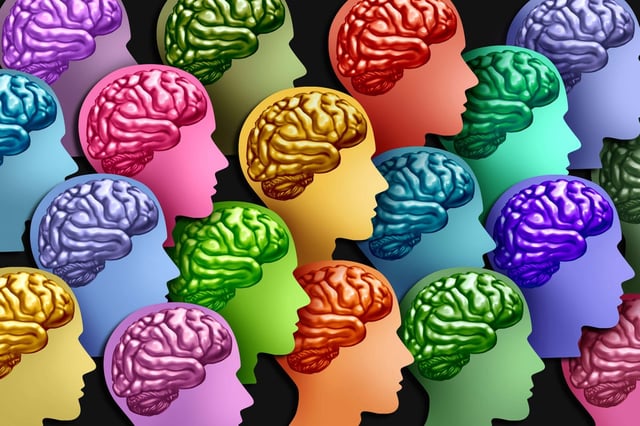Overview
- A majority of Britons now self-identify as neurodivergent, including conditions like autism, ADHD, dyslexia, and dyspraxia, according to Francesca Happé, a leading psychologist.
- The rise in self-identification is attributed to reduced stigma and greater societal acceptance, particularly among younger generations.
- Formal autism diagnoses in the UK have surged by 787% between 1998 and 2018, but NHS backlogs leave 200,000 awaiting assessment, with 90% facing delays beyond recommended wait times.
- Experts warn that expanding diagnostic boundaries risks over-medicalizing behaviors once considered eccentric personality traits.
- Late-life diagnoses are increasing, often triggered by a relative’s evaluation, with some individuals receiving their first autism diagnosis in their seventies.


